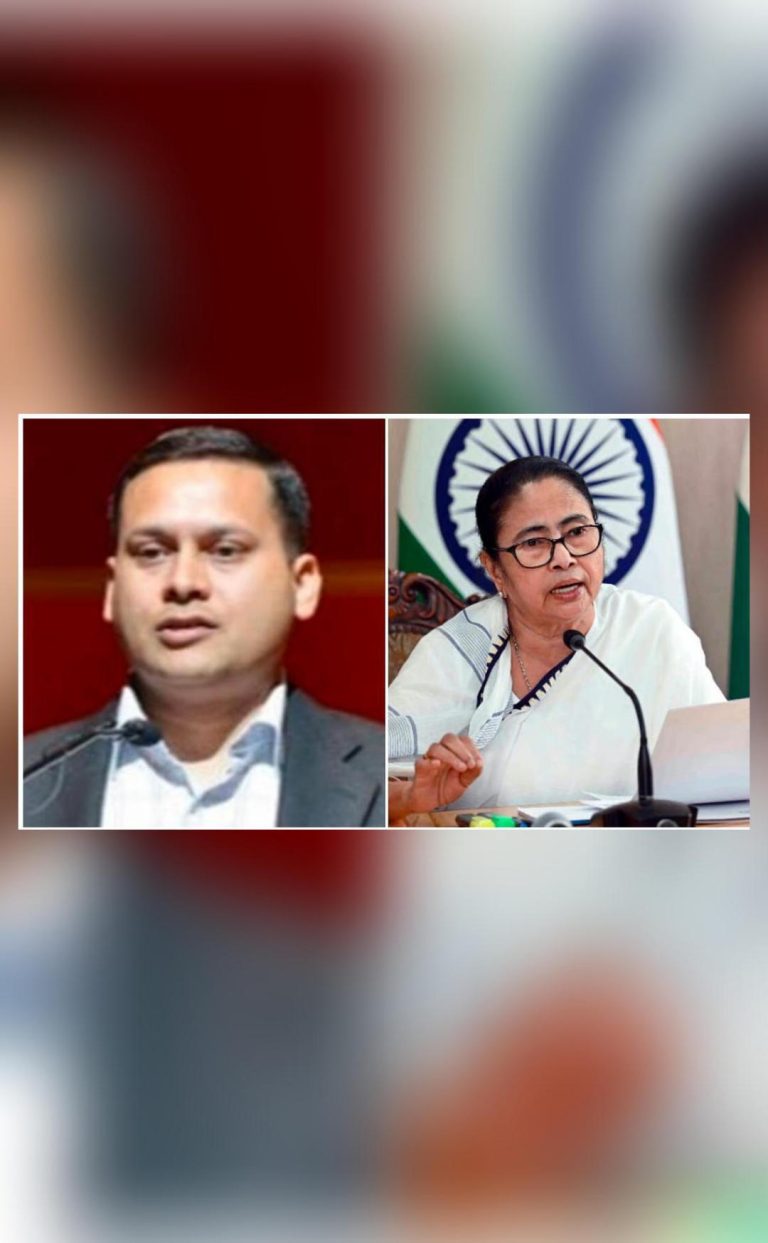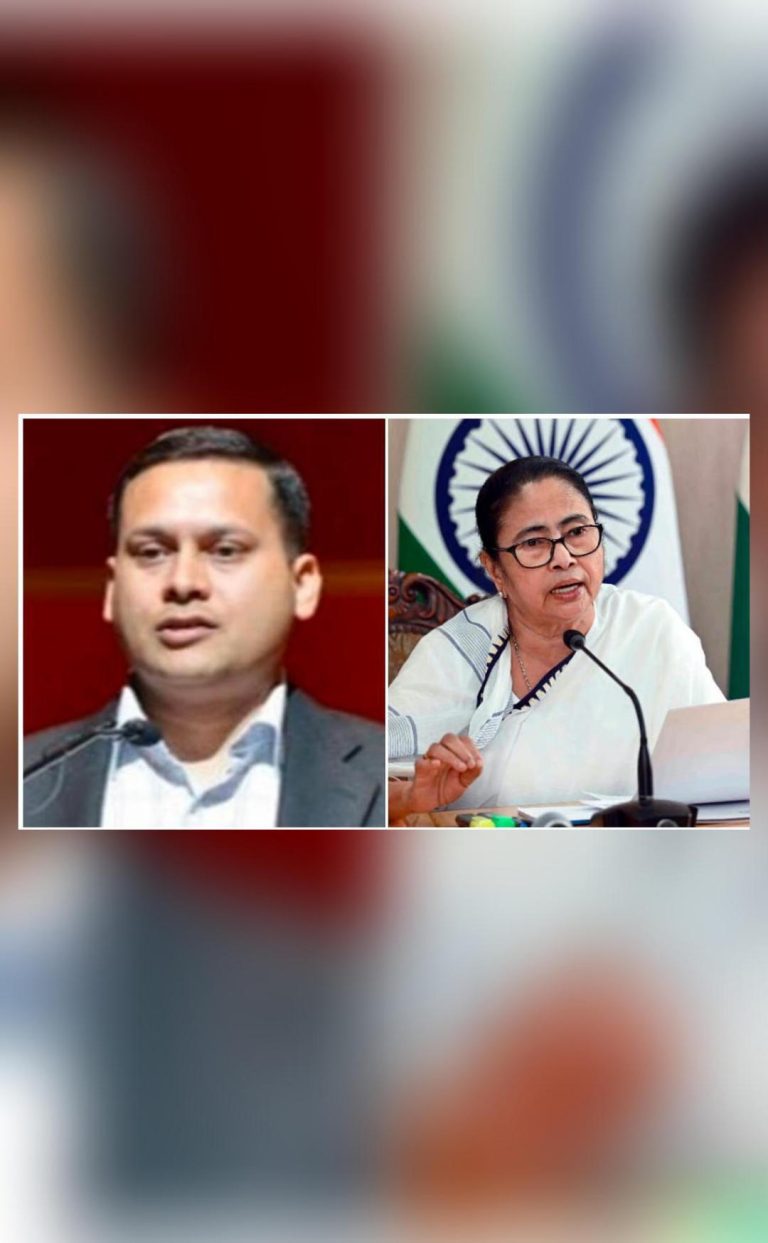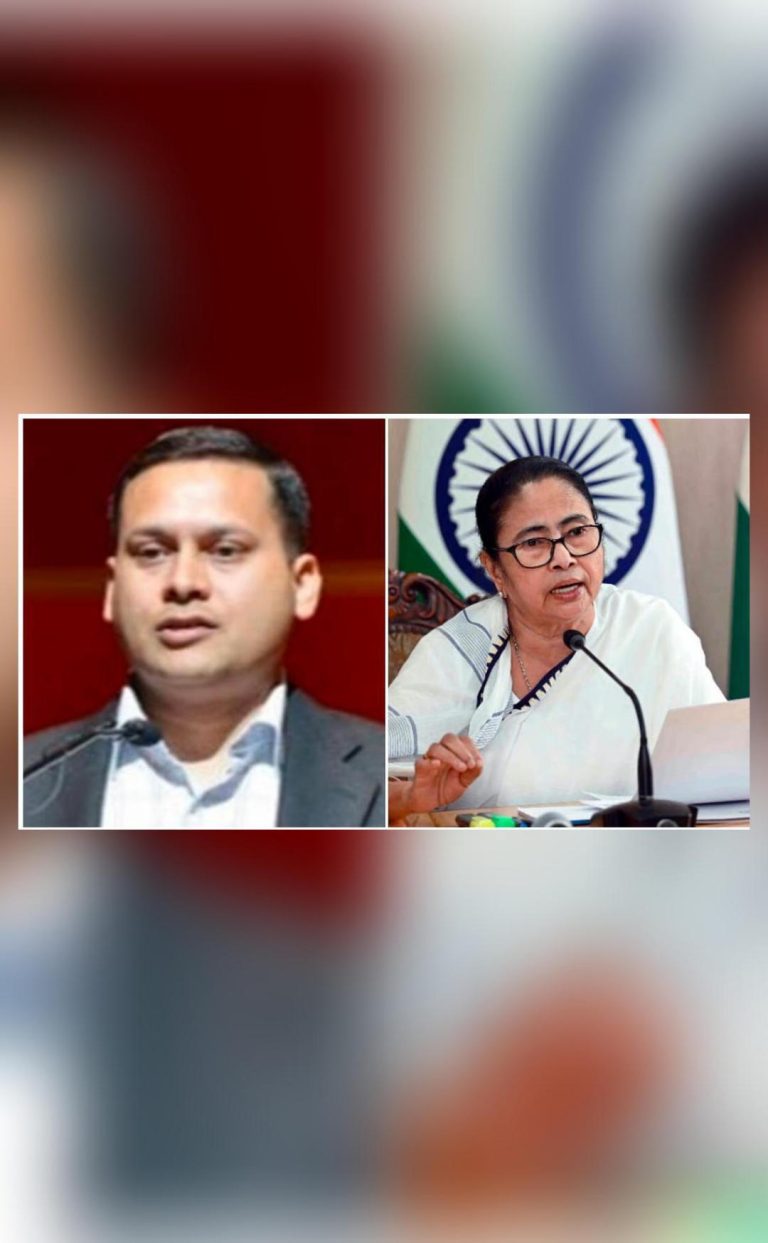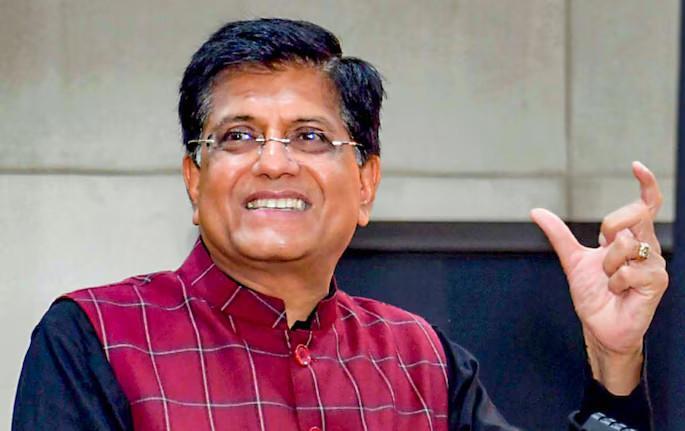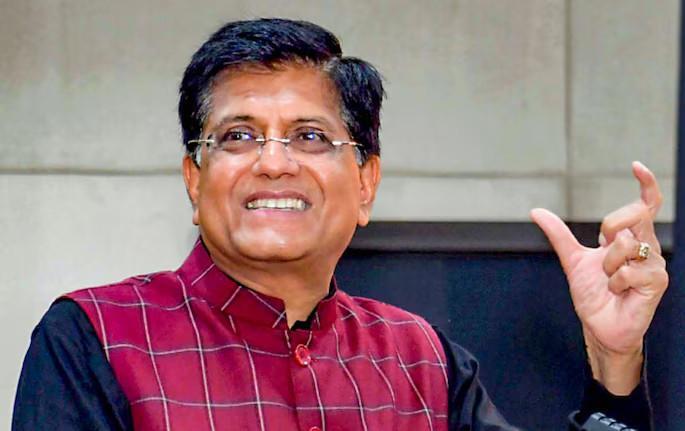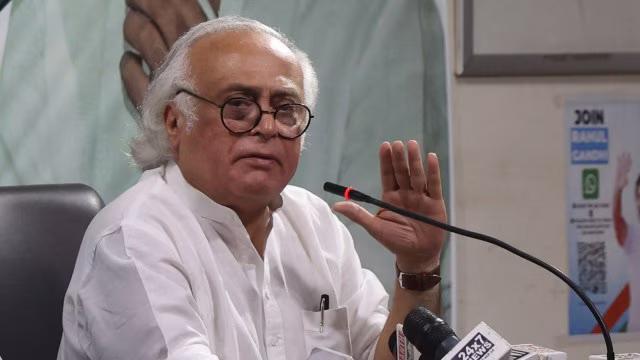
Delimitation to Punish States that Controlled Population: Congress
The controversy surrounding the delimitation exercise in India has taken a new turn, with Congress leader Jairam Ramesh stating that the proposed exercise will punish those states that have been successful in family planning. According to Ramesh, states that have achieved early success in reducing their total fertility rates and population growth will “lose seats” as a result of the delimitation exercise.
The controversy surrounding the delimitation exercise has been ongoing for some time now, with various states and political parties expressing concerns about the methodology and criteria being used to redistribute seats in the Lok Sabha and state assemblies. The exercise is aimed at redrawing the electoral boundaries of constituencies to ensure that the number of seats in the Lower House of Parliament and state assemblies is in proportion to the population of each state.
However, Ramesh’s statement has added a new dimension to the controversy, with the Congress leader claiming that the delimitation exercise is designed to penalize states that have been successful in controlling their population growth. According to Ramesh, this is in contrast to the national objective of promoting family planning and reducing population growth.
Ramesh’s statement has sparked a heated debate, with many experts and politicians questioning the motives behind the delimitation exercise. Critics argue that the exercise is designed to reward states that have been slow to control their population growth, rather than recognizing the efforts of states that have made significant progress in this area.
One of the main concerns surrounding the delimitation exercise is the criteria being used to determine the number of seats each state should have in the Lok Sabha and state assemblies. The exercise is based on the population of each state, with states with larger populations being allocated more seats. However, critics argue that this criteria is flawed, as it does not take into account the economic and social development of each state.
For example, states with larger populations may have more economic and social challenges, and therefore may need more representation in the Lok Sabha and state assemblies. On the other hand, states with smaller populations may have fewer economic and social challenges, and therefore may not need as many seats.
Another concern is the methodology being used to conduct the delimitation exercise. The exercise is being conducted by a committee of experts, who are using data from the 2011 census to determine the population of each state. However, critics argue that this data is outdated, and that the exercise should be based on more recent data.
The controversy surrounding the delimitation exercise has also raised questions about the role of the Election Commission of India (ECI) in the process. The ECI is responsible for conducting the delimitation exercise, but critics argue that the commission is not independent and is subject to pressure from the government and other political parties.
In conclusion, the controversy surrounding the delimitation exercise has highlighted the need for a more transparent and inclusive process. The exercise should be based on a clear and transparent criteria, and should take into account the economic and social development of each state. Moreover, the process should be conducted in a fair and impartial manner, with the involvement of all stakeholders.
